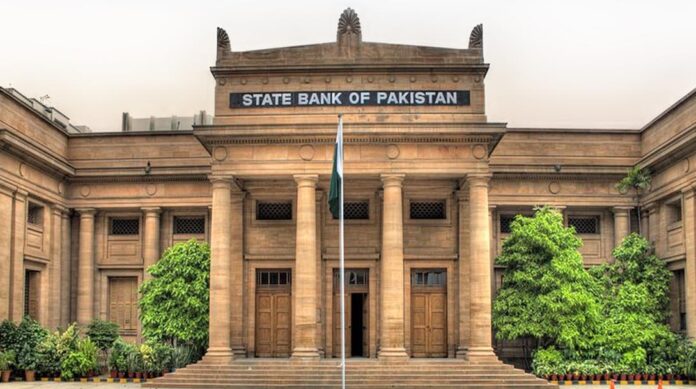The State Bank of Pakistan (SBP) has released its Mid-Year Performance Review of the Banking Sector for 2025, covering the period from January to June 2025 (H1CY25).
The review also discusses the performance of financial markets and the results of the Systemic Risk Survey (SRS), reflecting expert views on current and potential risks to financial stability.
According to the review, banks expanded their asset base by 11.0 percent in H1CY25, largely driven by investments in government securities to meet the government’s funding requirements. Advances contracted across public and private sectors, but fixed investment advances to SMEs continued to expand. On the funding side, deposits increased by 17.7 percent, reducing banks’ dependence on borrowings.
Credit risk remained contained, with non-performing loans declining. However, the gross NPLs to loans ratio marginally increased to 7.4 per cent in June 2025 due to a contraction in advances. The net NPLs to net loans ratio stood at negative 0.5 per cent, reflecting low net risks as banks maintained higher provisions for loan losses.
Earnings of the banking sector remained steady, supported by rising volumes of earning assets. Return on Assets (ROA) stayed at 1.3 per cent, while Return on Equity (ROE) was 21.3 per cent, comparable to December 2024 levels.
The solvency position strengthened, with the Capital Adequacy Ratio (CAR) improving to 21.4 percent, well above the minimum regulatory requirement of 11.5 percent. Stress test results indicate that CAR is expected to remain comfortably above regulatory minimums under both baseline and severe stress scenarios, demonstrating banks’ resilience to potential credit and market shocks.
Financial markets experienced relatively higher volatility in H1CY25 compared to H2CY24, mainly driven by equity market fluctuations due to trade tariff uncertainties and geopolitical tensions.
The SBP said that experts surveyed in the Systemic Risk Survey identified geopolitical risk as the top concern but expressed confidence in the stability of the financial system and the regulator’s ability to manage unforeseen shocks.




